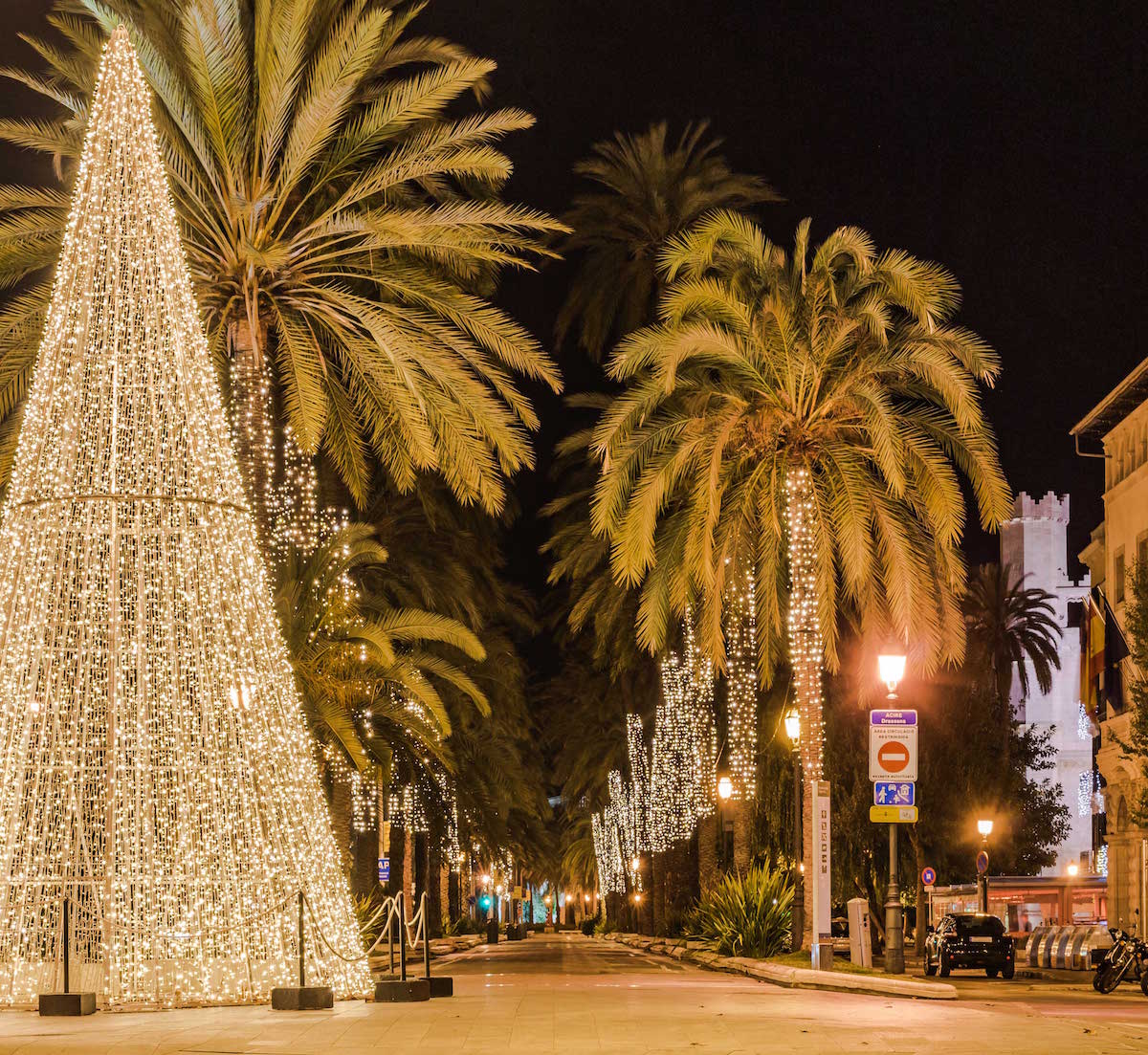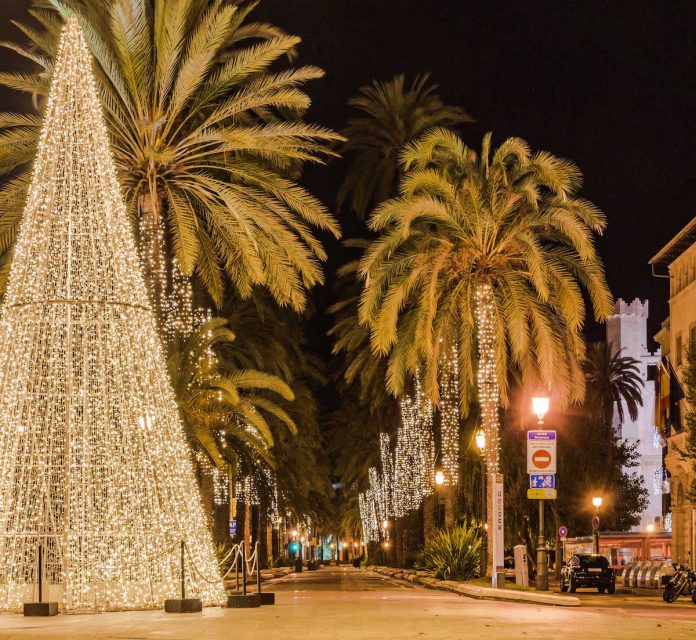Christmas abroad may include mild t-shirt weather and be missing the alpine scent and snowy, icy slopes but don’t let that deter you from visiting foreign fields and sunnier climes this December.
Just like us, destinations across the globe are steadily preparing for the festive season; from decorating homes and streets with bright, coloured lights, cooking up unique sweet treats and savoury delights, to last-minute gift-wrapping.
To help you navigate the festive period away from home, Peter Jenkins, travel expert and managing director of Sun-hat Villas and Resorts, specialists in luxury Algarve villas, has put together a list of Christmas traditions from across the miles.
Algarve Christmas customs
With the official ‘summer season’ taking place between May and September, you’ll find temperatures typically dip between 18-20 degrees Celsius in the winter months. With the slightly lower temperatures, compared to the very warm summer period, this destination becomes less touristy and therefore, is great value for money.
To prepare for the festivities ahead, a large Nativity scene is erected each year in Vila Real de Santo Antonio. Made up of almost 5,000 figures amongst 20 tons of materials such as sand, rock dust and cork, thousands of visitors turn up to visit it.
Celebrating Christmas a day early on the evening of 24 December, Portuguese families based in Quinta do Lago and Vale de Lobo enjoy a moreish yuletide feast of Bacal (Codfish), topped off with a traditional much-loved dessert, Bolo Rei (King Cake) – a sweet cake shaped and decorated like a wreath; dotted with vibrant green figs, rich and fragrant clementines, crumbled almonds and covered with sultanas.
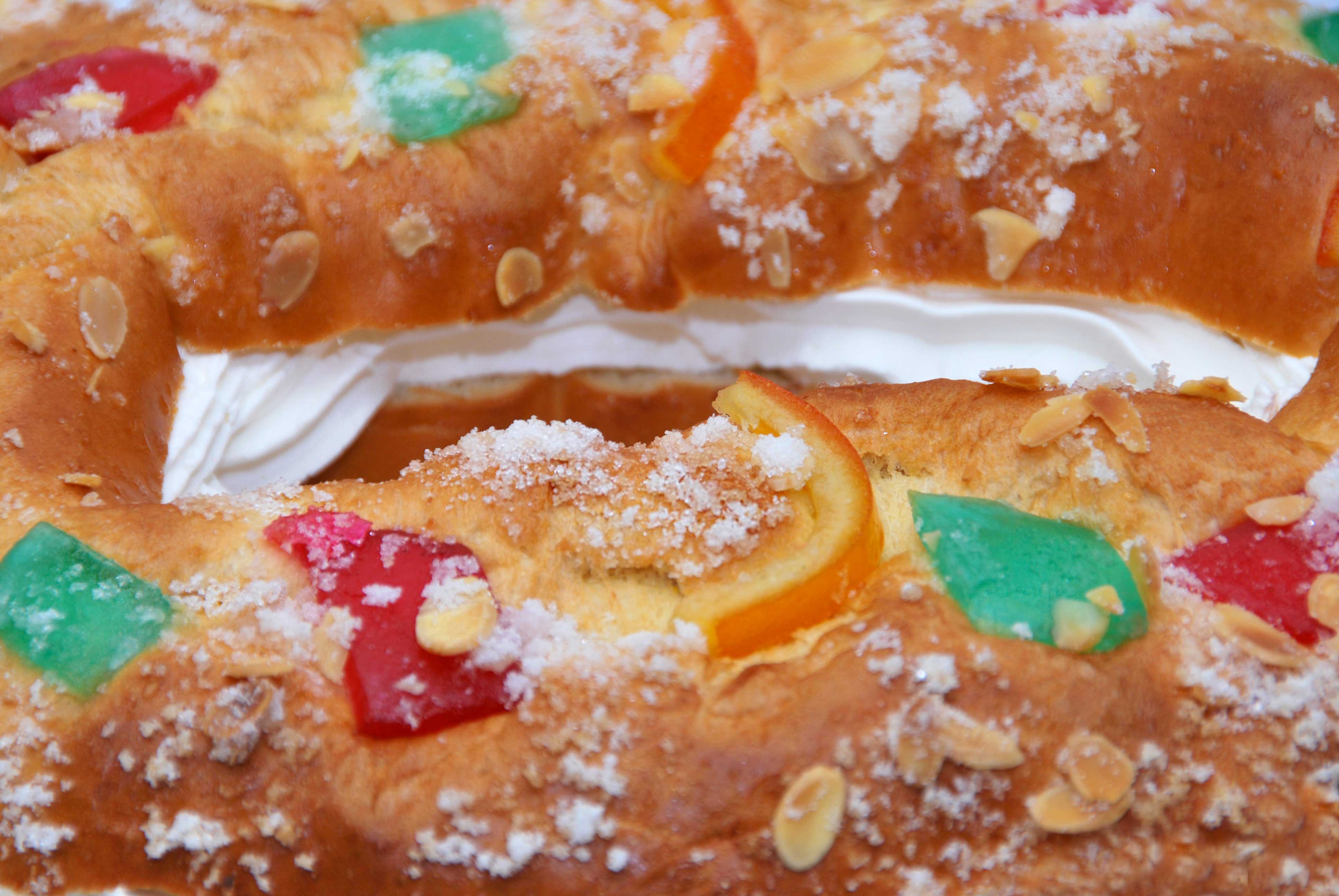
Once the cake has been devoured and gifts opened, families and friends venture to nearby churches for midnight Mass.
For the Portuguese, the 25 December is like a UK Boxing Day – relaxed and centered around the left-over food at home, as many restaurants and bars will have closed their doors for the Public Holiday.
You’ll still find activities to take part in on the day, from festivals, fayres and themed walks, such as the Father Christmas Walk (Armação de Pêra) – a 3km walk across the sandy shores in head-to-toe Santa-gear.
A Caribbean Christmas in Barbados
Without snow or mistletoe, you’d be forgiven for thinking a Caribbean Christmas would not be the typical festive holiday-jaunt. Known for their love of food and celebration however, the Barbadians take great pride in their festive traditions.
The annual Christmas morning walk in Bridgetown’s Queens Park, brings families and friends together for a stroll on the promenade, where groups display their finest clothes and take part in an island fashion show.
Food is an important part of any celebration in Barbados and Christmas time is no different – festivities here include three vital components: ‘Jug Jug’, baked ham and ‘Great Cake’. Jug Jug is a throwback to the country’s Scottish-heritage, Haggis, eaten traditionally with fresh garden peas and a herb-based sauce – a hearty, delicious plate of food.
In between the main course and dessert, a baked ham is cooked to share around with friends and extended family – smothered in a sweet, sticky, pineapple and sorrel glaze and topped with exotic fruits, this ham is served alone and without need of a plate.
Known as ‘Great Cake’, meaning ‘fruit cake’, this is made up of alcohol-soaked dry fruit, spices and lashings of luxurious liquor, from rum and port wine to sweet Caribbean syrup, falernum – this dish will take pride of place on every Caribbean table during the season.
Throughout the entire month of December, at various churches, bandstands and parks, Barbados is rife with musical entertainment – playing international jingles known world-wide, to classic Bajan tunes, such as Maizie, from Caribbean-born singers.
It seems, no matter where you are in the world at Christmas, music always plays a large part in the celebrations.
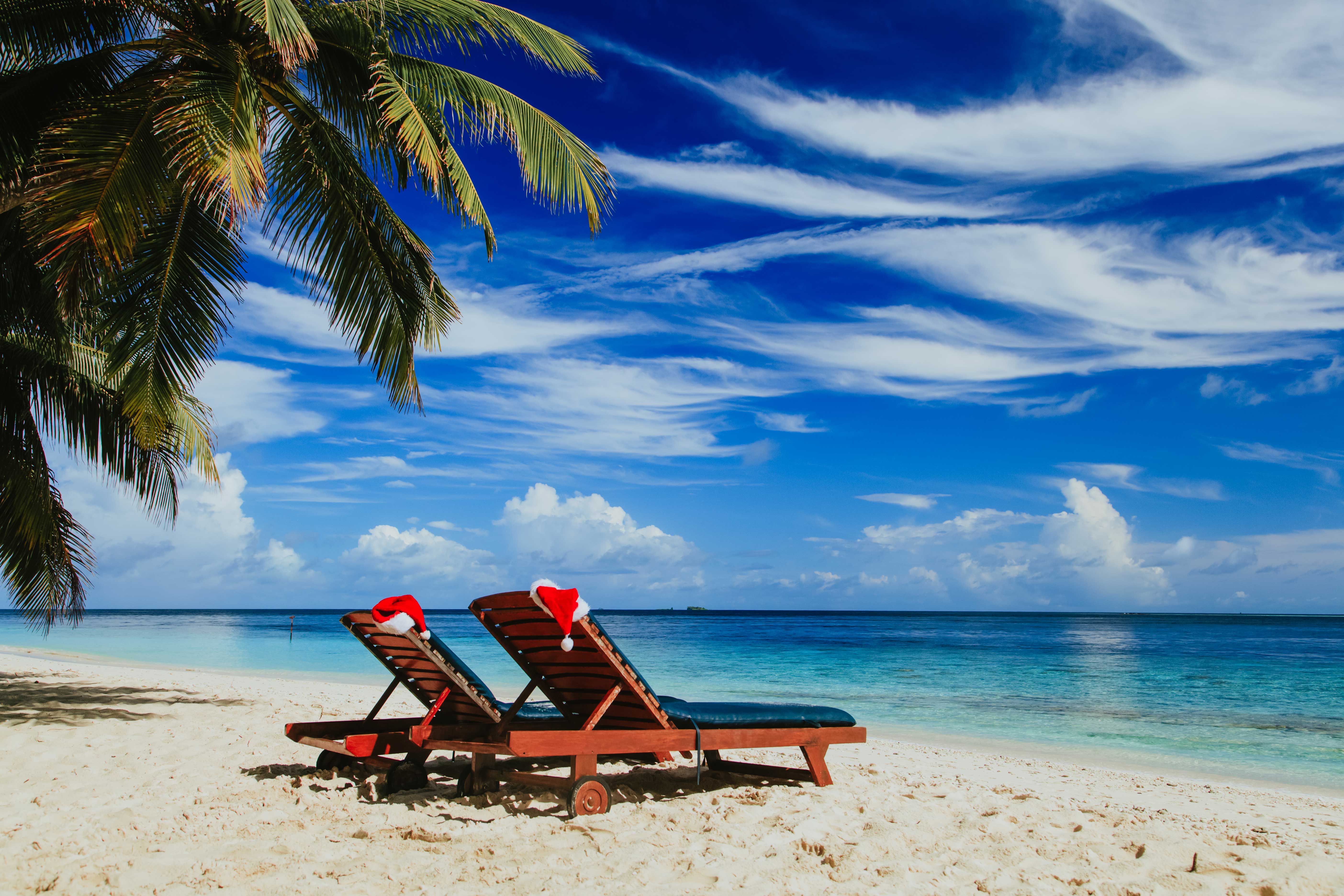
Lights of Lisbon
While the fresh summer seafood in Lisbon is world-renowned, it is worth venturing to the city during the winter seasons, where Portuguese classics such as the ‘custard tart’ are given a festive twist, with a dusting of cinnamon and powdered sugar – these baked gems are known as Pasteis de Nata.
For the most authentic flavours, visit the original bakery where the Pasteis de Nata recipe has been used for over 200 years – Antiga Confeitaria de Belém – based on the Western edge of the city.
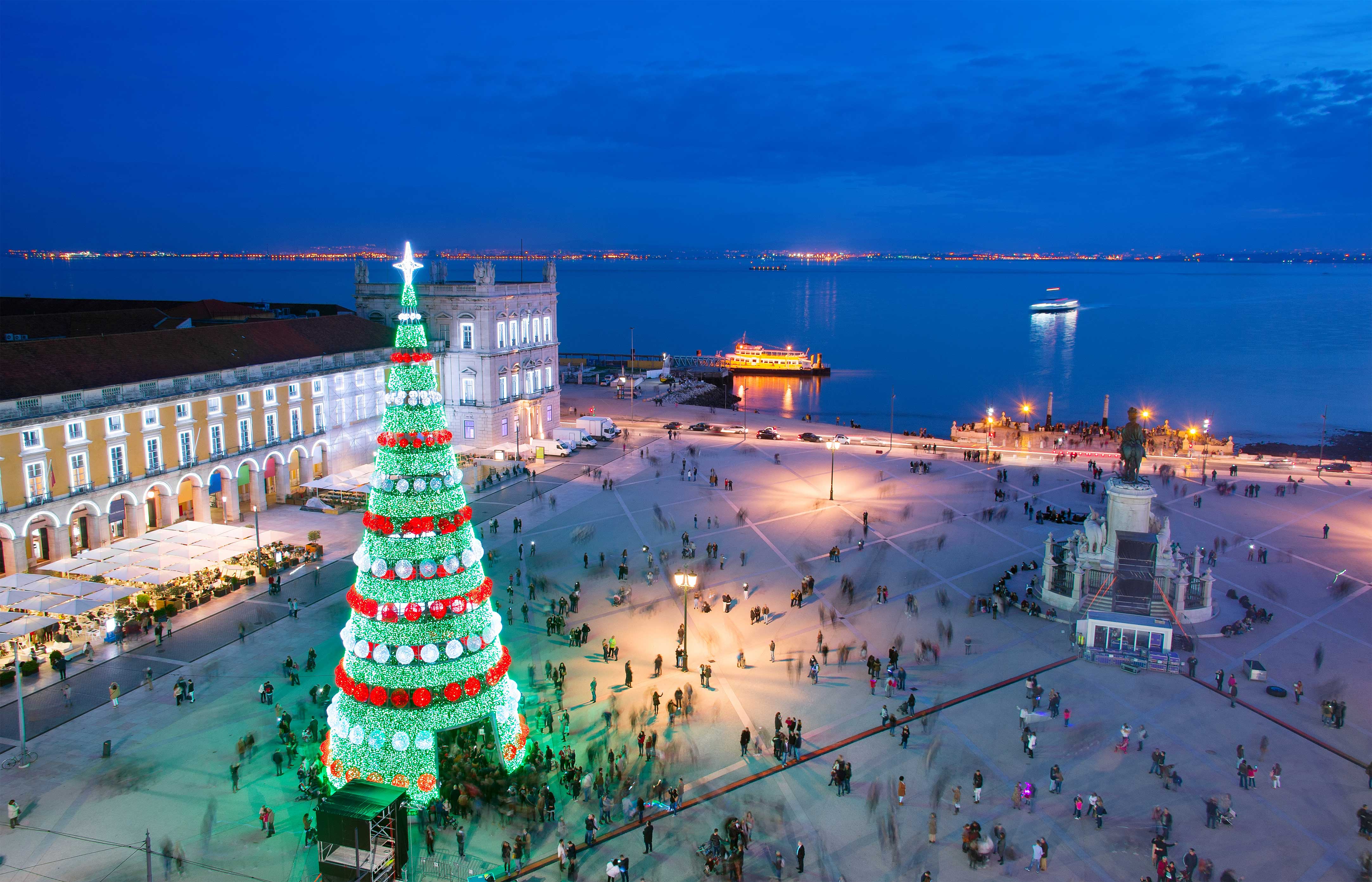
Merriness in Majorca
The beauty of this location is its strong cultural heritage, from medieval chants to gatherings at monasteries for midnight mass; the Mallorcan’s take Christmas very seriously.
Festivities begin here on December 8 each year, with ‘The Feast of the Immaculate Conception’, an enchanting ceremony and performance of dance called Los Seises.
Unique to Mallorcan culture, midnight mass (or Misa del Gallo) in Palma Cathedral entails families and friends taking part in a chant, ‘Sibil·la’, a song about judgement day; a sentimental song about Spanish history.
As the New Year rolls around the corner, part of Spanish culture is to welcome in the New Year by eating one grape for each chime of the clock, a tradition said to bring good fortune.
Festivities draw to a close on January 5 with the Three Knights Night, a spiritual ceremony celebrated all over Spain and influenced by the country’s religious beliefs and historical background.
